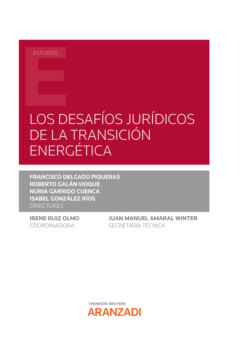Читать книгу Los Desafíos Jurídicos de la Transición Energética - Isabel González Ríos - Страница 65
На сайте Литреса книга снята с продажи.
3. GERMAN PROJECTS TO EXPENSE THE GRID
ОглавлениеThe German Federal Infrastructure Plan Act (Bundesbedarfsplangesetz) currently lists 80 individual projects42, with 38 projects included as recently as February 2021. These projects have a total route length of 7,700 kilometres of power lines.
However, only 1,500 kilometres of power lines have been completed so far, some 1,700 kilometres are in the regional or federal sectoral planning process and 3,000 kilometres are in the subsequent planning approval process43.
Three direct current lines are seen as being of fundamental importance to connect northern and southern Germany, namely the Ultranet, SuedLink and SuedOstLink will be constructed for up to 525 kV.
After protests against the construction of new overhead transmission lines –which many communities consider to be a form of visual pollution–, the German legislator required some sections of the routes to be built using underground cables instead of overhead lines44. This led to further delays in the planning process; however, the majority of the underground cables will be in place by 2025 while many of the overhead lines will not be completed before 2030.
Expansion, improvement and optimisation of German transmission grids are forecast to cost approximately € 75-85 billion by the planned finish date in 203045. While a seemingly high total amount, these investments are important not only for energy transition in Germany but for the entire European internal energy market. The total costs are also put into perspective when one considers that currently many transition routes have bottlenecks that restrict flows for more than 400 hours per year46 and the associated congestion management already costs some € 1 billion every year.
